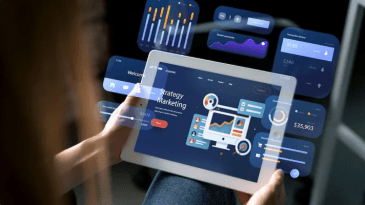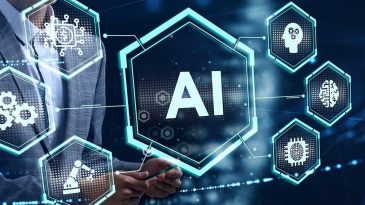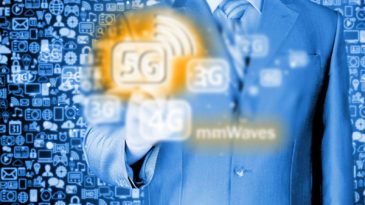- Tech
- Updated on February 15, 2025
The Future of IoT: How it Will Shape Our World
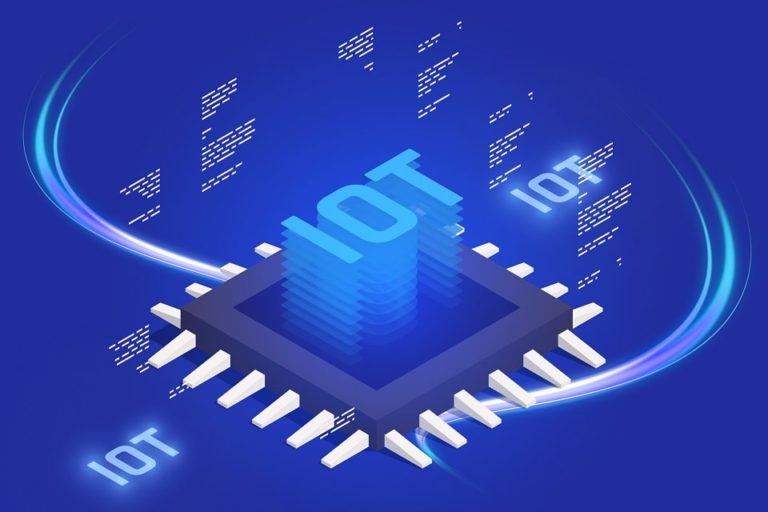
The Internet of Things (IoT) has emerged as a game-changer in various industries and everyday life. The concept of interconnected devices is revolutionizing how we interact with technology, providing new opportunities and solutions. As IoT continues to evolve, it’s important to understand its potential and how it will shape our world in the future. In this blog post, we will explore the future of IoT, its impact on industries, and the challenges it may face.
What is IoT?
The Internet of Things (IoT) refers to the network of physical devices, vehicles, appliances, and other objects embedded with sensors, software, and connectivity. These devices are able to collect and exchange data with one another through the internet. IoT enables seamless communication between objects and provides new opportunities for automation, data analysis, and enhanced functionality.
The Growth of IoT
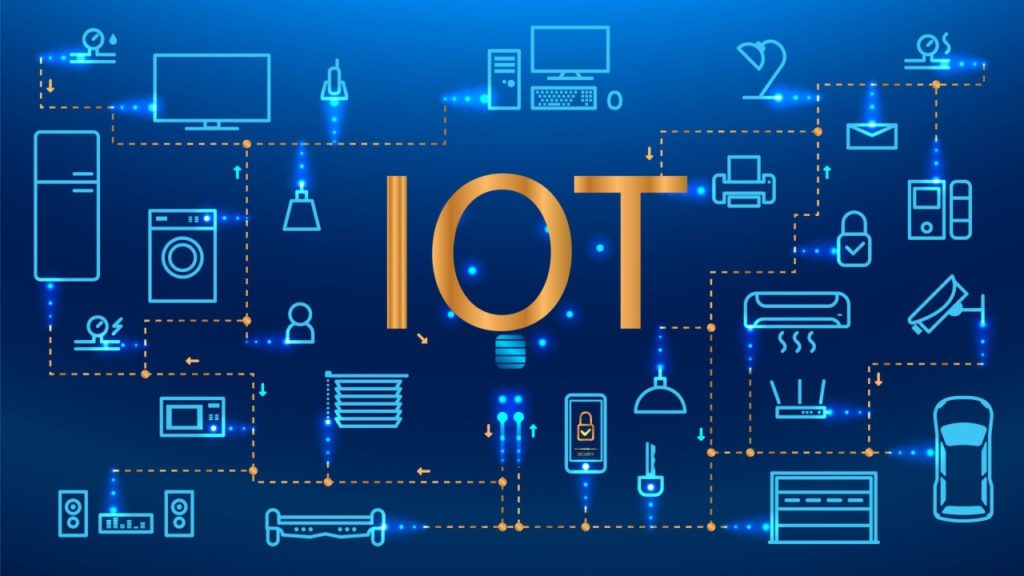
The IoT market is growing at an unprecedented rate. According to reports, the number of connected devices is expected to surpass 30 billion by 2030. The growth of IoT is driven by advancements in technology, including faster internet speeds, improved connectivity, and the availability of more affordable sensors. As IoT devices become more common and accessible, they are changing the way we live, work, and interact with technology.
IoT in Smart Homes
One of the most notable areas where IoT is already making a difference is in the home. The concept of a “smart home” is becoming a reality for more people every day. Smart devices like thermostats, lights, locks, and appliances can now be controlled remotely through smartphones or voice assistants. This level of control and automation makes homes more convenient, energy-efficient, and secure.
In the future, IoT-enabled homes will be even smarter. Imagine a home that can automatically adjust its temperature based on your preferences, monitor your health, and even alert you if an intruder is detected. As IoT continues to advance, smart homes will become more integrated and intuitive, offering enhanced comfort and control.
IoT in Healthcare
IoT has the potential to revolutionize healthcare by improving patient care and operational efficiency. Connected devices, such as wearable fitness trackers, smartwatches, and medical sensors, can continuously monitor a patient’s vital signs, track their physical activity, and even detect early signs of health issues. This real-time data collection allows for early diagnosis, better treatment plans, and proactive healthcare management.
In the future, IoT could enable remote patient monitoring, allowing healthcare providers to track a patient’s condition from anywhere in the world. This would lead to more personalized care, reduced hospital visits, and more efficient use of healthcare resources.
IoT in Transportation
The transportation industry is also poised to benefit from IoT. Connected vehicles are already on the road, with features like GPS, collision detection, and real-time traffic updates. In the future, self-driving cars, trucks, and drones could become common, all powered by IoT technology. These autonomous vehicles will communicate with one another, infrastructure, and cloud systems to optimize routes, reduce accidents, and improve fuel efficiency.
IoT will also play a role in public transportation. Smart traffic lights, vehicle tracking systems, and real-time scheduling updates will help improve the efficiency of public transit networks. In addition, IoT can be used to reduce traffic congestion and optimize the use of roadways.
IoT in Agriculture
IoT is also transforming the agriculture industry. Smart farming, or precision agriculture, is an emerging trend that uses IoT devices to monitor and manage crops, soil, weather conditions, and livestock. By using sensors and connected devices, farmers can make more informed decisions, reduce waste, and increase productivity.
For example, IoT-enabled irrigation systems can detect when crops need water and automatically adjust the flow to ensure efficient use of water resources. Livestock tracking systems can monitor the health and location of animals, providing valuable data for farmers to ensure their well-being.
In the future, IoT will make agriculture even more efficient. With real-time data and advanced analytics, farmers will be able to predict harvest yields, optimize resource usage, and improve sustainability.
IoT in Manufacturing
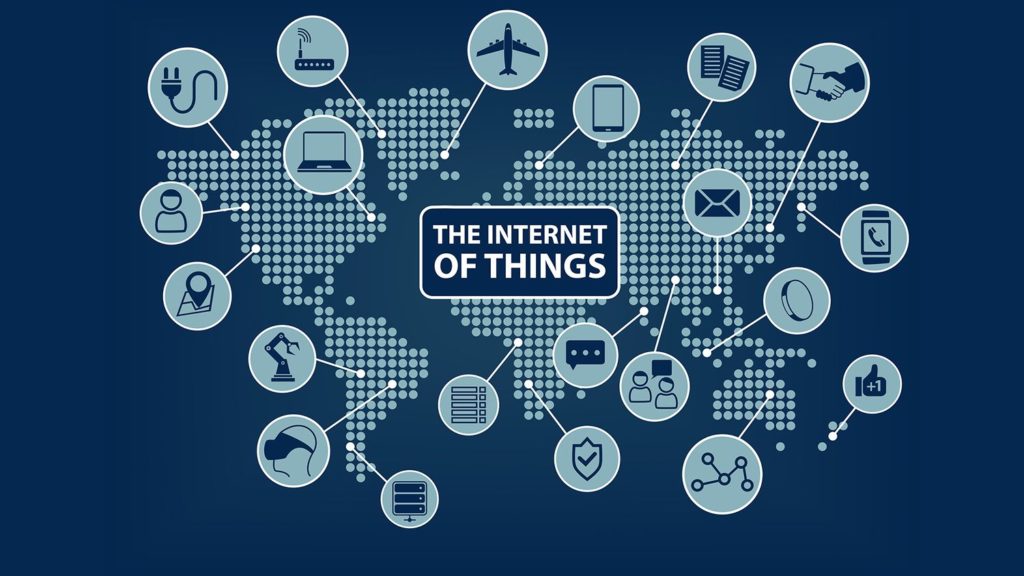
IoT is already being used in the manufacturing industry to improve productivity, reduce downtime, and optimize supply chains. Connected machines and equipment can communicate with one another to monitor performance, detect potential issues, and schedule maintenance automatically. This helps manufacturers avoid costly downtime and improve the efficiency of their operations.
As IoT continues to evolve, the concept of “smart factories” will become more common. These factories will use IoT devices and sensors to collect data in real time, allowing for greater automation, predictive maintenance, and more efficient production processes.
IoT and Data Security
As the number of connected devices grows, so do the concerns around data security. IoT devices collect vast amounts of personal data, making them an attractive target for cybercriminals. To ensure the future of IoT, robust security measures must be put in place to protect both individuals and organizations.
One potential solution is the use of blockchain technology to secure IoT networks. Blockchain offers a decentralized and transparent way of securing data, ensuring that it cannot be tampered with. Additionally, advances in encryption and authentication methods will help protect IoT devices from unauthorized access and data breaches.
The Future of IoT: Challenges and Opportunities
The future of IoT is incredibly promising, but it is not without challenges. One of the biggest hurdles to overcome is the integration of IoT devices with existing infrastructure. Many industries will need to upgrade their networks, systems, and devices to fully embrace IoT. Additionally, data privacy and security concerns will need to be addressed to ensure the trust of consumers.
However, the opportunities presented by IoT are immense. The ability to collect and analyze data in real time will transform industries, improve quality of life, and contribute to more sustainable practices. As technology continues to advance, IoT will become even more embedded in our daily lives.
Read Also : Best AI Code Generation Platforms in 2025
Conclusion
The future of IoT is bright, with the potential to revolutionize nearly every aspect of our lives. From smart homes and healthcare to transportation, agriculture, and manufacturing, IoT is already changing the way we live and work. As technology continues to evolve, we can expect even more exciting innovations in the world of IoT.
While challenges such as security and integration remain, the opportunities offered by IoT are too great to ignore. With the right infrastructure and security measures in place, IoT has the potential to shape a more efficient, connected, and sustainable world.
As IoT continues to grow, we will likely see new applications and use cases emerge, making our world more intelligent, responsive, and efficient. Whether it’s through connected devices in our homes or autonomous vehicles on our roads, IoT is transforming the future, one connected device at a time.
Join the discussion
Related Articles
No results available
ResetTrending Articles


- General
- Updated on February 26, 2026


- General
- Updated on February 23, 2026


- General
- Updated on February 20, 2026


- General
- Updated on February 18, 2026


- General
- Updated on February 17, 2026


- General
- Updated on February 10, 2026


- General
- Updated on February 14, 2026


- General
- Updated on February 7, 2026


- General
- Updated on February 5, 2026


- General
- Updated on February 2, 2026
No results available
Reset
